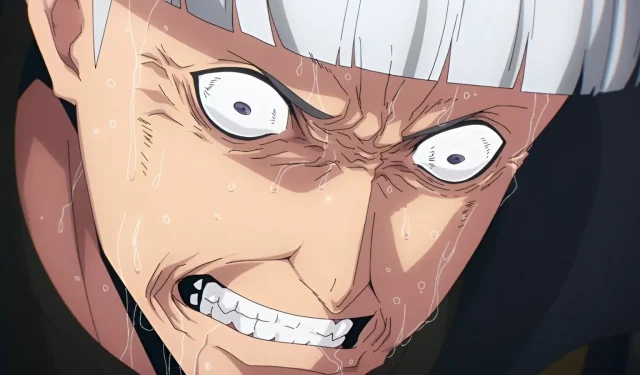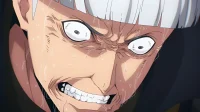Overview
- The Fourth Jeju Raid culminated in success, largely due to Sung Jin-Woo’s crucial last-minute involvement, despite initial casualties among the hunters.
- He prioritized family over immediate engagement in the mission, demonstrating trust in the abilities of his fellow hunters.
- Jin-Woo’s later appearance unveiled Japan’s underlying strategy to sacrifice Korean hunters, thereby thwarting their plans.
Navigation
- The Jeju Island Raid
- Why Did Sung Jin-Woo Not Join The Raid Earlier?
- How Sung Jin-Woo Could Have Prevented The Massacre
- The Significance Of Sung Jin-Woo’s Actions
The Jeju Island Raid stands as a watershed moment in Solo Leveling, showcasing high-octane action paired with remarkable collaboration among hunters, particularly the hero of the day, Sung Jin-Woo.
Despite his eventual heroics, Jin-Woo hesitated to join the raid early on, leading to the tragic loss of several hunters at the hands of the monstrous ants. This decision has raised questions among fans regarding his motivations—some attribute it merely to “aura-farming,” while deeper interpretations suggest that his actions stemmed from a complex web of factors within the Solo Leveling universe.
The Jeju Island Raid
Korea’s Final Attempt
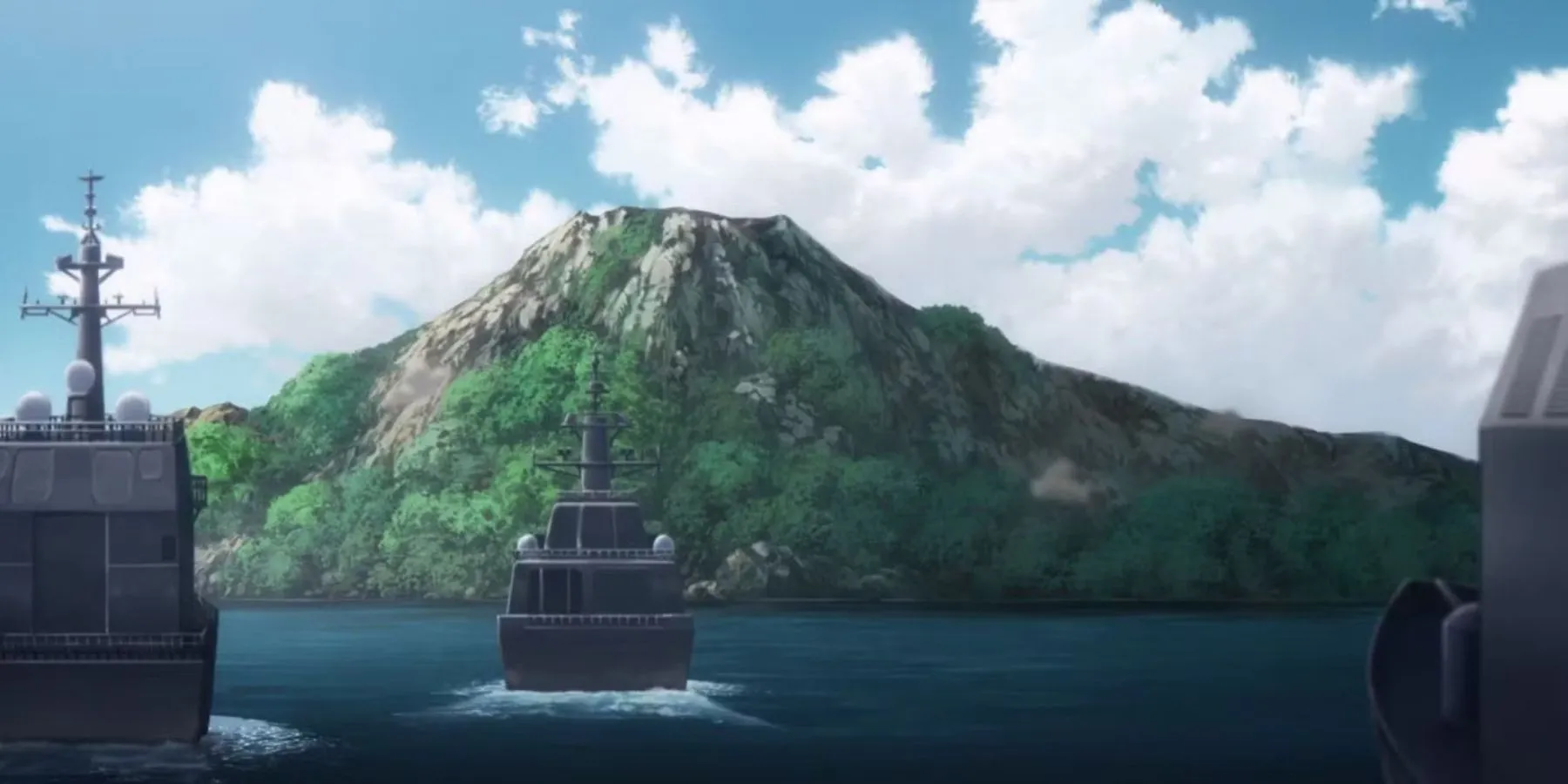
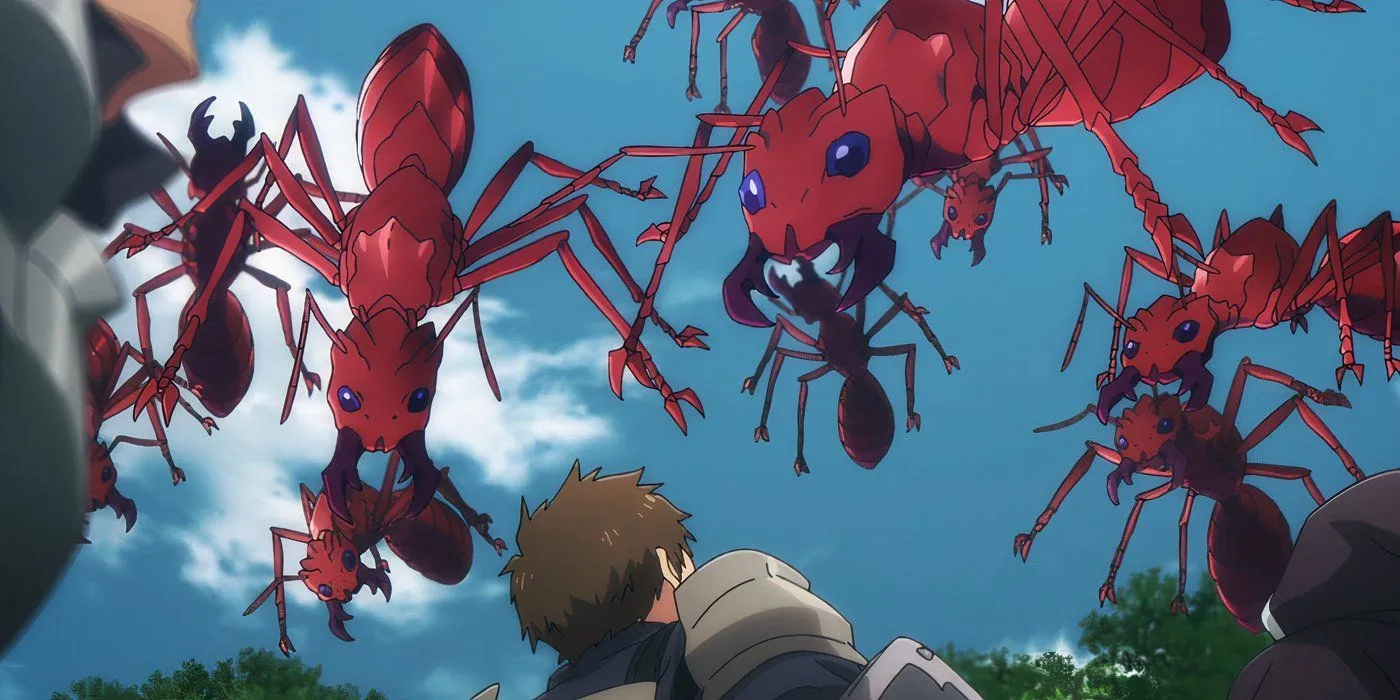
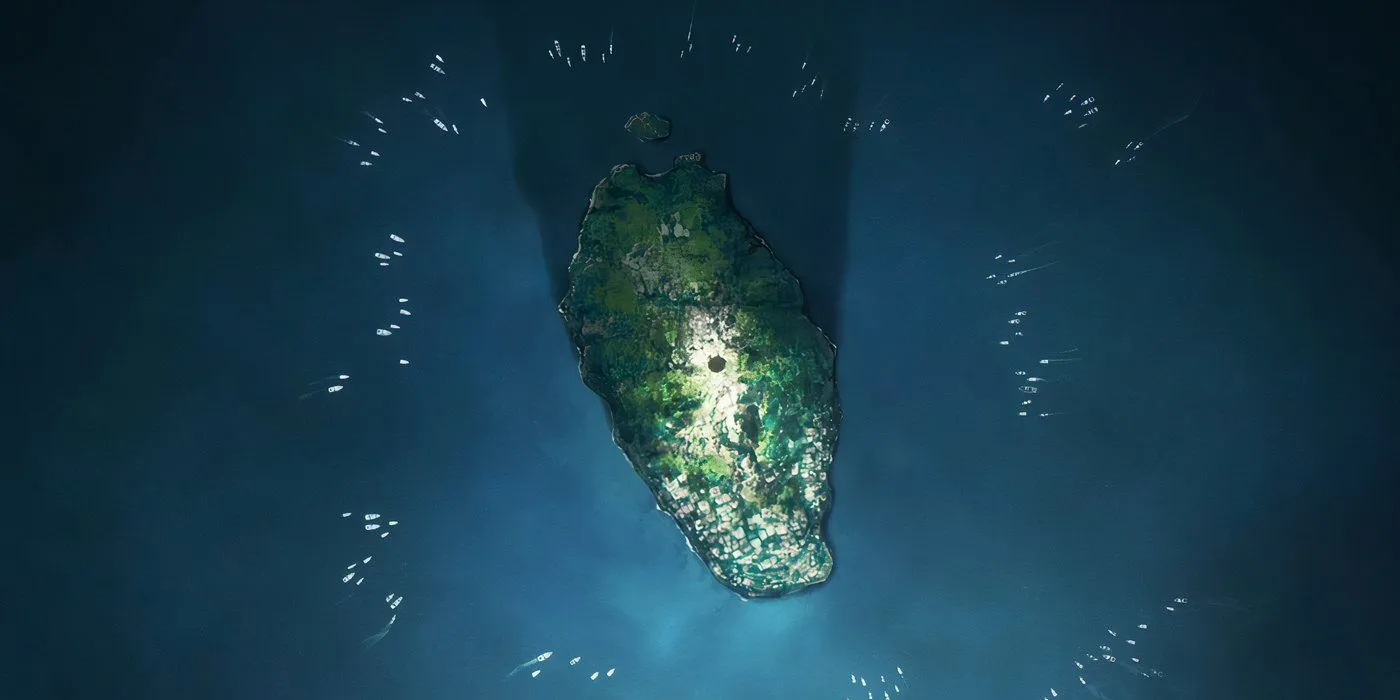
After multiple failed attempts resulting in significant casualties, including both hunters and civilians, a fourth raid was mounted against the newly evolved ant species threatening Jeju Island.
Although several hunters fell in the line of duty, the raid ultimately succeeded due to Jin-Woo’s timely involvement. The Raid Team was functioning efficiently, likely capable of completing their mission independently, had it not been for the unforeseen emergence of the Ant King. They had made commendable progress and were on track to defeat the Ant Queen.
The clash escalated into an intense struggle as both Jin-Woo and the Ant King entered the fray, turning the situation into an extraordinary battle that Jin-Woo eventually triumphed in.
Why Did Sung Jin-Woo Not Join The Raid Earlier?
Placing Family First And Trust In Fellow Hunters
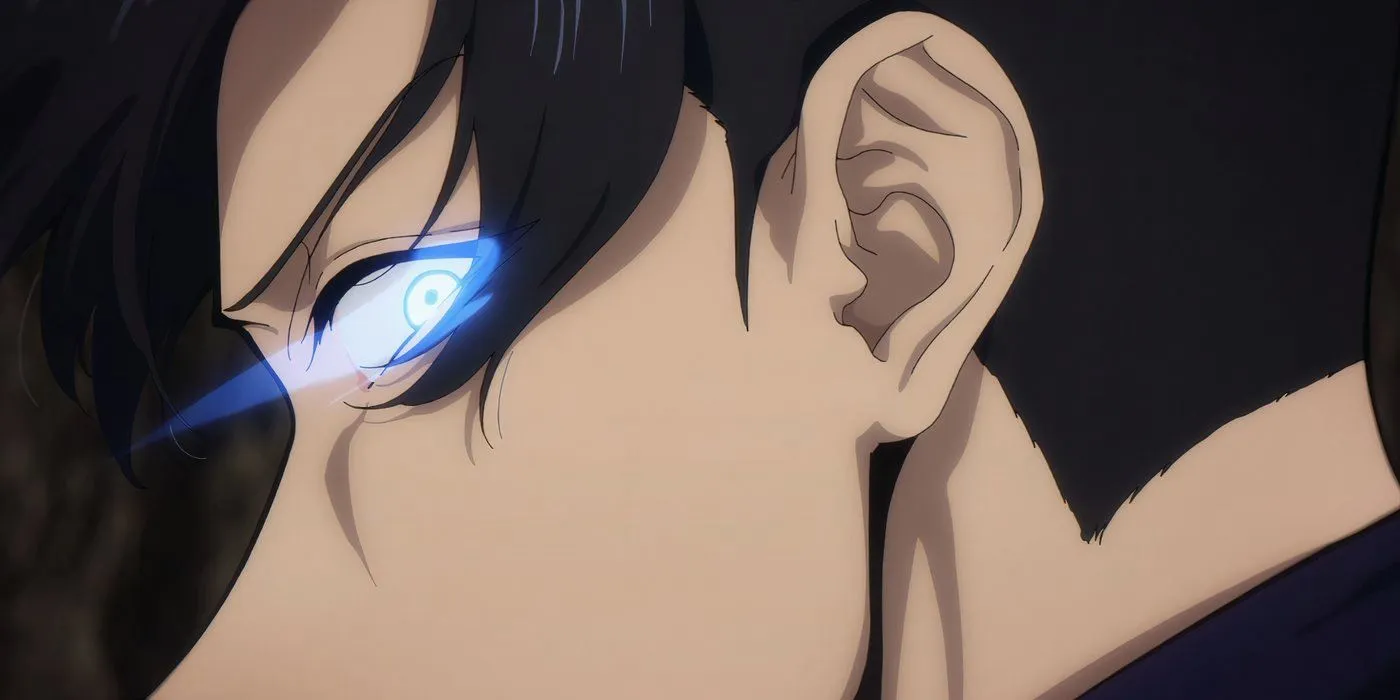
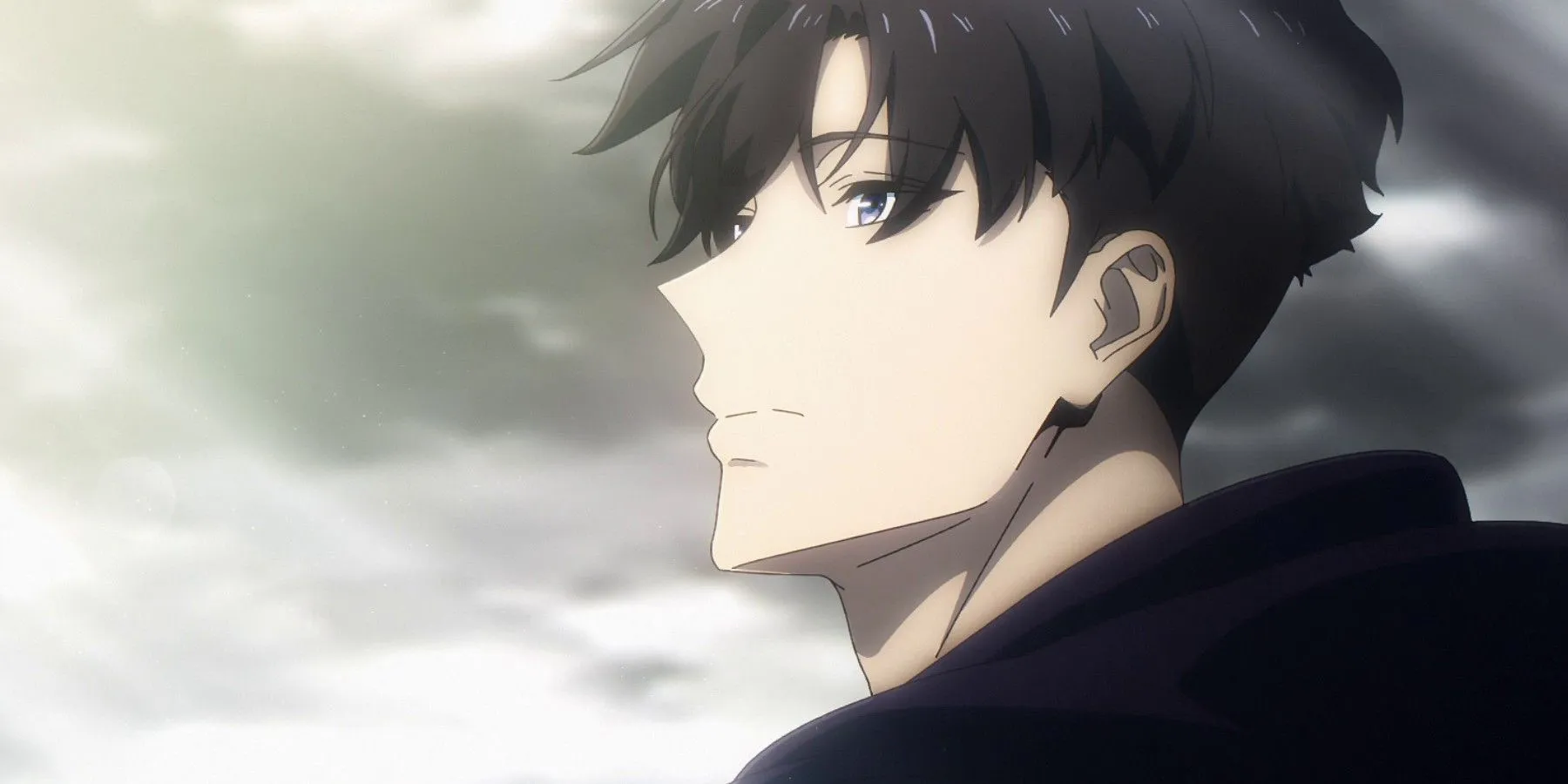
Despite his extraordinary capabilities and pivotal role in the raid, fans frequently speculate on why Sung Jin-Woo didn’t engage earlier. Notably, chairman Go Gunhee had requested his participation, but Jin-Woo opted to stay back. His lack of interest in political matters further diminishes theories suggesting ulterior motives like waiting for Goto’s demise.
From both the anime and manga, it is evident that Jin-Woo prioritized his recently cured mother, wanting to be at her side. His faith in the S-Rank hunters involved in the raid also contributed to his decision. He even strategically designated some of his shadows to assist the hunters as a precautionary measure.
Shadow Limitations And Broadcast Delay
While Jin-Woo had entrusted shadows to various hunters, a pertinent question arises: Why was he unaware of the massacre’s onset? Some fans speculate that, although he had shadows deployed, he lacked the ability to share their senses at that point in the series. Thus, he would only become aware of the situation upon the death of one of his shadows. This theory is backed by the fact that he arrived on the scene only after Goto’s death.
The broadcast, while potentially useful for real-time updates, had a 10-minute delay, allowing the Ant King ample time to inflict casualties before Jin-Woo got the news. Interestingly, in the manga, Jin-Woo did follow the broadcast, yet in the anime, he expressed no interest in it. Ultimately, his timely arrival ensured that their losses weren’t greater than they could have been.
How Sung Jin-Woo Could Have Prevented The Massacre
Deploying Stronger Shadows
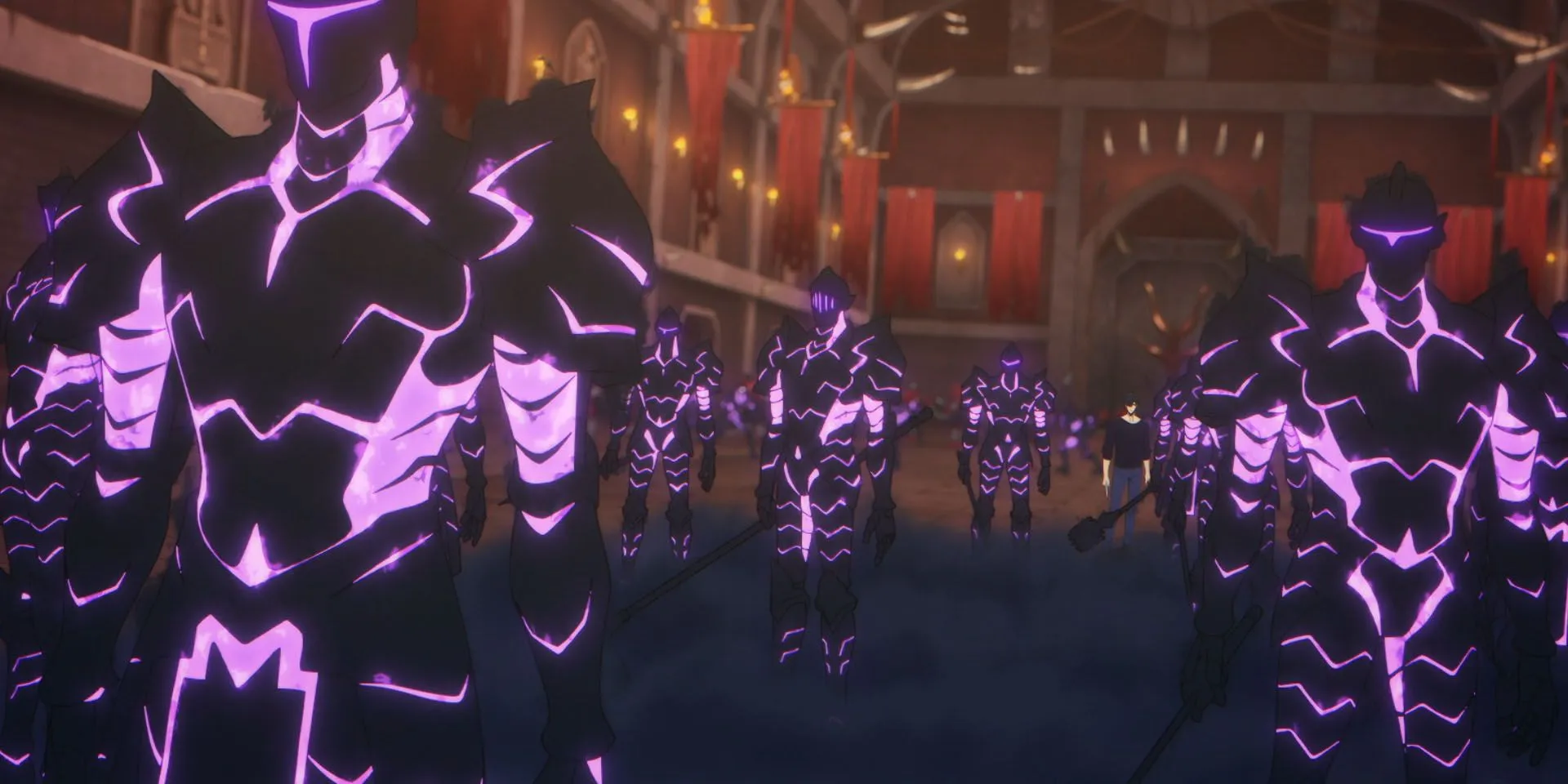
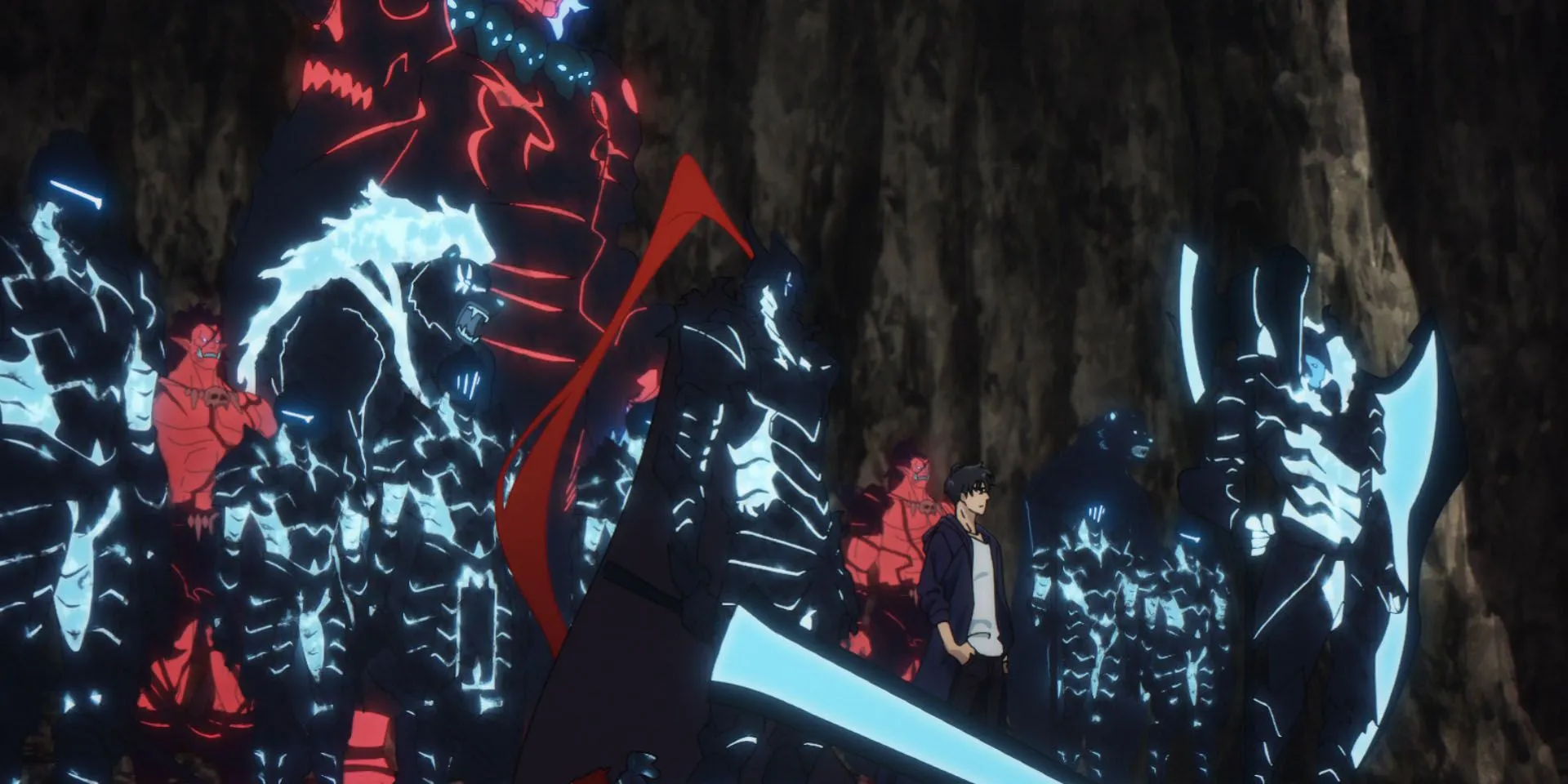
Even though Sung Jin-Woo’s explanations for his delayed involvement make sense, many fans believe there were alternative approaches that could have mitigated the loss of life. One such approach includes deploying stronger shadows alongside the hunters. Although his commitment to being there for his mother is understandable, the weaker shadows he utilized were ill-equipped to handle even the regular ants, and certainly not the formidable Ant King. Moreover, these shadows could only function based on direct orders, rendering them ineffective in crises.
In contrast, utilizing stronger allies like Igris or the High Orcs would have proved beneficial due to their superior combat skills and independent reasoning. While they wouldn’t guarantee the safety of every hunter, their presence could have significantly reduced casualties. Additionally, if these stronger shadows had been in play, Jin-Woo would have been alerted to the dire situation through mana feedback, allowing for a quicker response and improved survival rates. Given the unpredictability of the Ant King, however, there are limited avenues Jin-Woo could have explored to avert the massacre without access to immediate information.
The Significance Of Sung Jin-Woo’s Actions
Exposing Japan’s Hidden Agenda
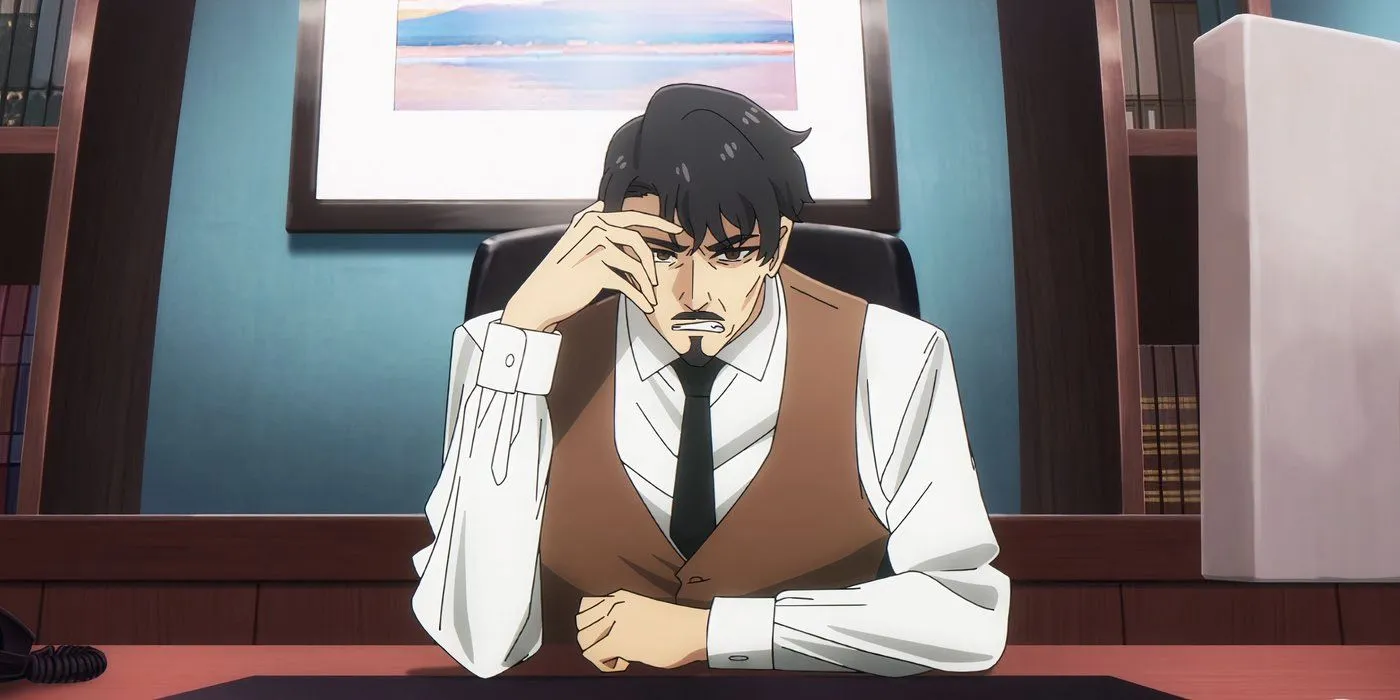
While some may argue that Jin-Woo’s decisions could have led to fewer fatalities, they inadvertently unveiled Japan’s clandestine motives behind their hunters’ involvement in the Jeju Island raid.
The Japanese hunters’ willingness to confront the ants outside their colony appeared noble at face value; however, it masked a strategic scheme intended to safeguard their own lives, while sending Korean hunters to face online at certain peril. In the backdrop, plans were in motion to elevate Goto to a National-Level hunter as an auxiliary objective.
Nevertheless, Jin-Woo’s timely arrival dismantled these covert objectives, resulting in significant losses for the Japanese side, including Goto himself, at the hands of the Ant King. Ultimately, he succeeded in protecting the vast majority of the Korean S-Rank hunters, with the sole exception of Byung-Gyu, rendering Japan’s concealed strategy a resounding failure.
